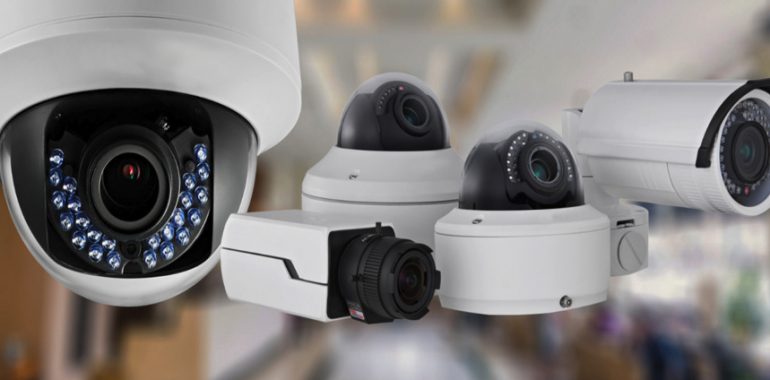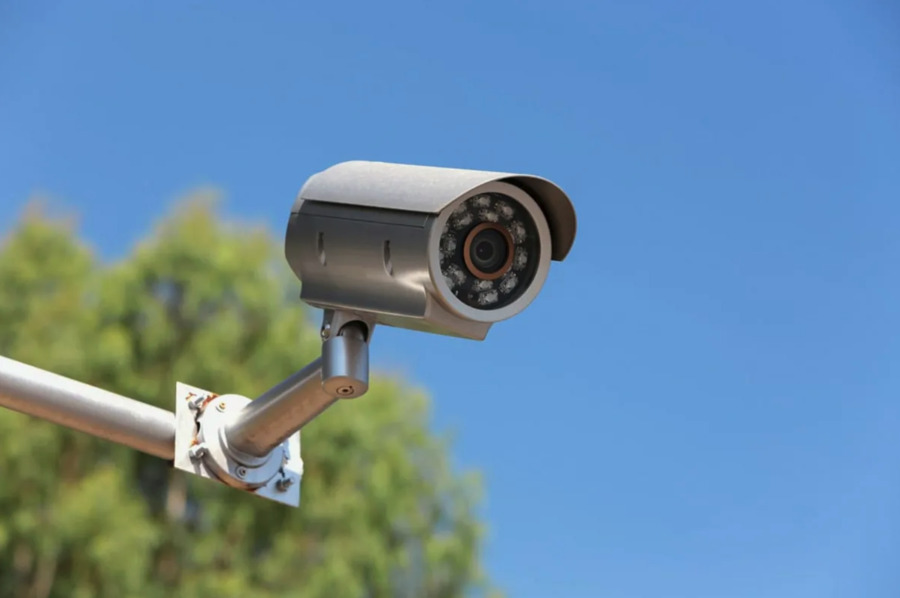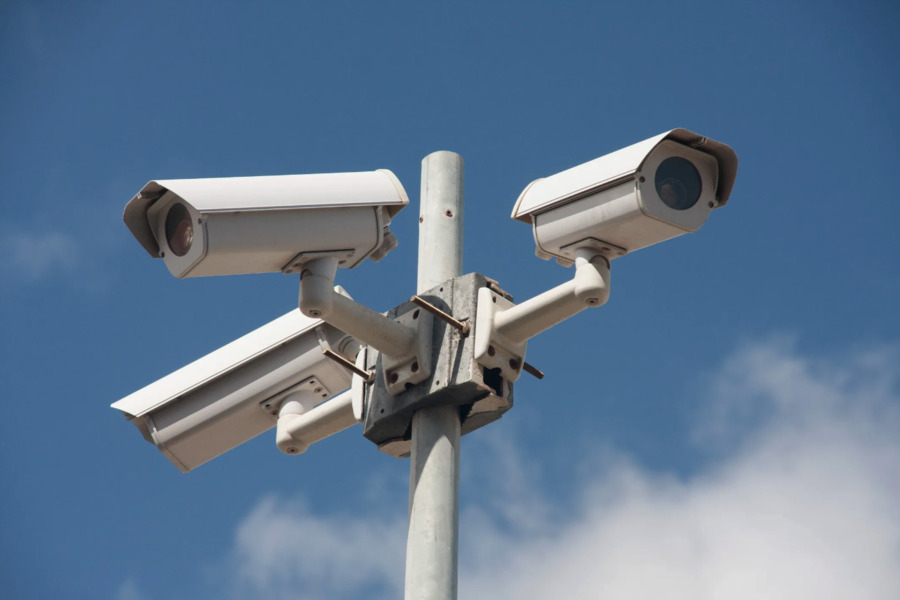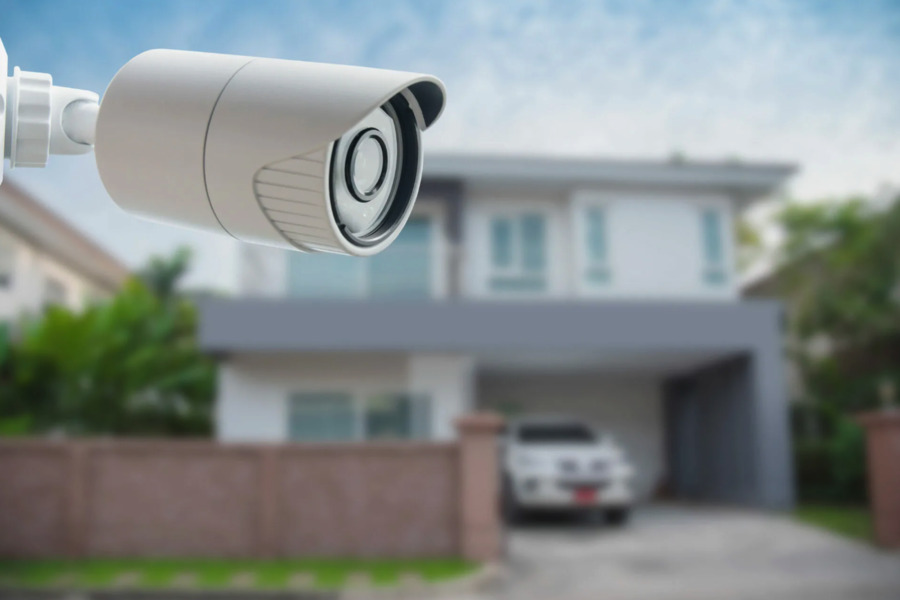In-Depth Guide to CCTV Cameras

Closed-Circuit Television (CCTV) cameras form the backbone of modern security systems globally. Used widely in various sectors, these cameras are indispensable tools for enhancing surveillance and ensuring safety across both private and public spaces.
Introduction to CCTV Technology
CCTV cameras operate by capturing video in a closed circuit, which means the video is transmitted within a closed network from the camera to a recording device and/or display unit. This system differs from broadcast television where the signal is transmitted openly. CCTV technology has evolved substantially over the years, transforming from grainy black and white images to high-definition color videos that can be monitored over the internet.

Page Content
Extensive Applications of CCTV Cameras
In the Private Sector
Homeowners highly value the security that CCTV cameras provide. These systems serve not only to deter potential burglars but also play a crucial role in monitoring various aspects of home safety. They allow residents to verify who is at their doorstep without opening it, which is particularly useful in avoiding potential threats. Furthermore, CCTV systems enable homeowners to keep an eye on different parts of their property when they are away, enhancing their ability to monitor and respond to suspicious activities. This constant surveillance capability provides a significant psychological comfort, offering homeowners peace of mind knowing that their home is under watchful eyes even in their absence.
Public Space Surveillance
The implementation of CCTV in public spaces plays a pivotal role in maintaining public order and safety. These cameras act as a visual deterrent to criminal activity, as the presence of cameras alone can discourage would-be offenders. Beyond their deterrent effect, CCTV systems assist law enforcement by providing real-time surveillance capabilities and recorded footage that can be invaluable in investigations. In situations where rapid emergency response is required, CCTV footage becomes a critical asset for assessing the situation accurately and dispatching the appropriate services promptly. This not only aids in immediate responses but also helps in planning and improving safety protocols for future incidents.
Transportation Security
CCTV cameras are integral to the security and operational efficiency of transportation networks. They monitor traffic conditions, helping to manage congestion and respond to accidents more effectively. In airports and metro stations, CCTV surveillance is crucial for enhancing passenger security, monitoring crowd movements, and preventing potential terrorist activities. The presence of CCTV cameras ensures that operations run smoothly and helps security personnel respond swiftly to any incidents, thereby maintaining the safety and security of passengers and staff alike.
Industrial and Commercial Security
In industrial settings, CCTV cameras are essential for monitoring the adherence to safety protocols and ensuring that only authorized personnel access sensitive areas, thereby helping to prevent accidents and potential industrial espionage. These cameras are equally important in commercial environments, such as retail stores, where they contribute significantly to loss prevention. By overseeing staff and customer interactions, CCTV systems help in managing business operations more effectively and ensure a secure environment for both employees and customers. The footage obtained from these cameras can also be used for training purposes, improving customer service, and resolving disputes.
Covert Surveillance
Covert surveillance is another critical application of CCTV technology. It involves the use of hidden or disguised cameras to monitor and record activities without the awareness of the subjects. This type of surveillance is particularly useful in sensitive environments where overt monitoring could alter behavior or provoke hostility. Covert CCTV cameras are employed in various scenarios, such as monitoring employee performance in a non-invasive manner, which helps in maintaining a stress-free work environment. They are also used for security purposes, where discreet observation is necessary to catch unsuspecting criminals in the act or observe sensitive locations without alerting potential targets. This form of surveillance must be carried out within legal boundaries to ensure privacy rights are not violated, making it a delicate tool in the arsenal of security measures.

Types of CCTV Cameras Explained
Analogue Cameras
The traditional analogue CCTV cameras operate by recording analog signals which are then converted into a digital format for storage and viewing. These cameras are robust and reliable, offering a straightforward security solution that has stood the test of time.
Pros and Cons of Analogue Cameras
Advantages: They are less expensive to install and maintain. The technology is well-understood and considered highly reliable.
Disadvantages: The image quality is often inferior compared to newer technologies. The system’s expansion can be cumbersome, and the lack of audio capabilities can be a limitation for comprehensive surveillance needs.
Network Cameras (IP Cameras)
Network cameras, or IP cameras, represent the evolution of traditional CCTV systems, offering high-resolution video surveillance that can be accessed and managed remotely. These cameras are part of a network, which allows for greater flexibility in monitoring and storage.
Advantages and limitations of IP cameras
Advantages: These cameras provide superior image quality with resolutions high enough to capture fine details. They can be integrated into existing home and business networks and typically have advanced features such as motion detection.
Disadvantages: The cost of IP cameras and their installation can be high. They depend heavily on the stability of the network they are connected to, which can be a disadvantage in areas with poor internet service.
Selecting the Right CCTV Camera
Choosing the right CCTV camera involves considering several important factors:
Range and Field of View: The effectiveness of a CCTV camera largely depends on its ability to cover the required area. Different models offer varying ranges and fields of view.
Resolution: Higher resolution cameras produce clearer images which are crucial for identifying persons or objects in surveillance footage.
Low Light Performance: Cameras with better low-light performance are essential for night surveillance.
Storage Options: Depending on security needs, users might choose between local storage or more expansive cloud-based solutions.
Build Quality and Weather Resistance: Outdoor cameras, in particular, need to be robust enough to withstand harsh weather conditions.

Leading Brands in CCTV Technology
HikVision
HikVision is a leader in CCTV technology, offering a wide range of innovative and reliable products, from basic home security cameras to advanced multi-camera systems suited for extensive surveillance needs.
Bosch Security Systems
Bosch is known for its robust CCTV products that integrate seamlessly with both existing systems and new technologies, suitable for harsh environments and sophisticated corporate settings.
Samsung
Samsung excels in producing CCTV cameras with high-quality imaging and durable construction, ideal for securing both indoor and outdoor spaces with clear video footage under various lighting conditions.
Axis Communications
Axis Communications specializes in network video, providing superior image quality and advanced security features. Their cameras include functionalities like live streaming and remote monitoring, equipped with cutting-edge analytics.
Grandstream Networks
Grandstream integrates video surveillance with communication technologies, offering IP cameras and video management solutions that work well with video telephony products, ideal for businesses looking for comprehensive security systems.
Conclusion
CCTV cameras continue to be a fundamental element of security systems worldwide. Understanding the different types of cameras and their specific features helps in choosing the right system to meet the security needs of any environment. In Dubai, for instance, Rounak Computer can provide tailored solutions that include the latest in CCTV technology from leading manufacturers, ensuring optimal coverage and peace of mind.